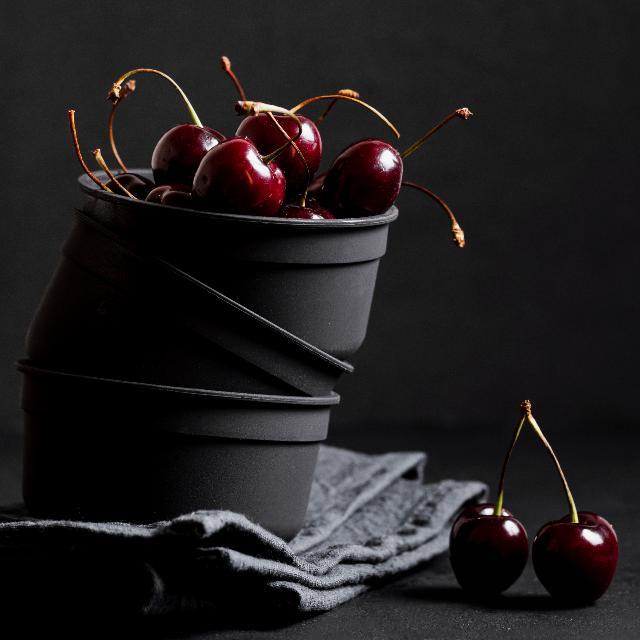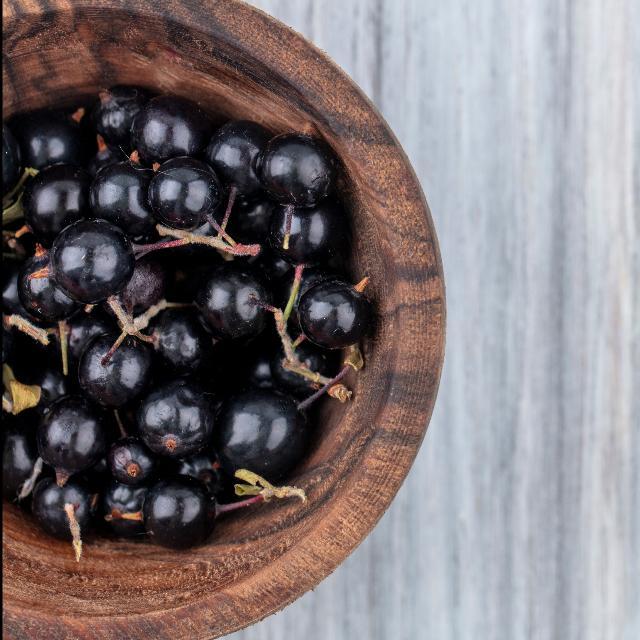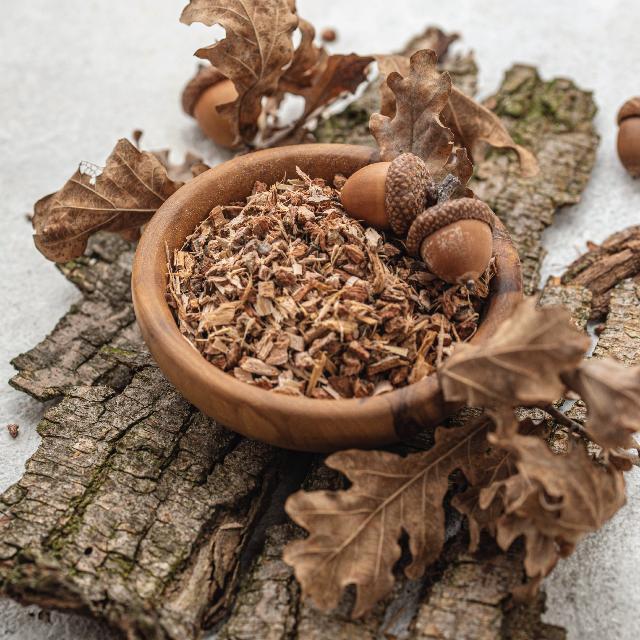Dark berries, cassis, and black cherry dominate the aromatics, complemented by subtle notes of tobacco, cedar, and a touch of graphite. The palate is bold and well-structured, offering a harmonious balance between ripe fruit flavors and firm tannins, with a hint of oak spice adding complexity. A lingering finish underscores its elegance, making it a wine with excellent aging potential and a versatile pairing companion for hearty dishes.
Ratings/Accolades:
Decanter: 89 points
Ratings/Accolades:
Decanter: 89 points
The 2019 vintage was a challenging one for the Rustenberg team. While the winter of 2018 was a welcome break from the previous four winters of drought, most vineyards had not fully recovered and produced below-average yields. A warm snap in June and a wet Spring, coupled with a wetter-than-average Summer harvesting season made 2019 a challenge, with some late harvest thinning or multiple harvests of the same vineyard required to achieve uniformity. Early and mid-season ripening varieties performed well, all achieving flavor ripeness at lower alcohol levels, while late-ripening varieties required patience and extended time on the vines, again achieving lower alcohols overall, but creating ripe, structured wines.
Winemaker: Randolph Christians
Winemaker: Randolph Christians
Rustenberg has a wine-growing history dating back to 1682, when Roelof Pasman from Meurs, near the Rhine, recognized its wine-growing potential. By 1781 some 3000 cases of wine were produced on the farm. Production doubled by the end of the century and a new cellar was built. Wine has been bottled at this cellar for an unbroken period since 1892. In the early 1800s Rustenberg was divided by owner Jacob Eksteen and a section was given to his son-in-law, who named it Schoongezicht and sold it soon after. Rustenberg and Schoongezicht were at their peak around 1812, with beautiful homesteads and flourishing vineyards. But by mid-century, recession coupled with disease in the vines, brought bankruptcy and dispossession.
Schoongezicht was rescued in 1892 by John X Merriman (who was to become Prime Minister of the Cape), and Rustenberg by his brother-in-law Sir Jacob Barry. Together they revitalized the farms. Fruit was sent to Covent Garden; new vines were grafted onto disease-resistant American rootstock; wines were exported to England and the Continent – and even found in Siberia. In 1941 Peter and Pamela Barlow bought Rustenberg, later acquiring Schoongezicht and reuniting the properties. Their son Simon took over the running of the farm in 1987. The Barlows have been at Rustenberg for over 60 years: the longest period any one family has owned the farm.
Schoongezicht was rescued in 1892 by John X Merriman (who was to become Prime Minister of the Cape), and Rustenberg by his brother-in-law Sir Jacob Barry. Together they revitalized the farms. Fruit was sent to Covent Garden; new vines were grafted onto disease-resistant American rootstock; wines were exported to England and the Continent – and even found in Siberia. In 1941 Peter and Pamela Barlow bought Rustenberg, later acquiring Schoongezicht and reuniting the properties. Their son Simon took over the running of the farm in 1987. The Barlows have been at Rustenberg for over 60 years: the longest period any one family has owned the farm.










